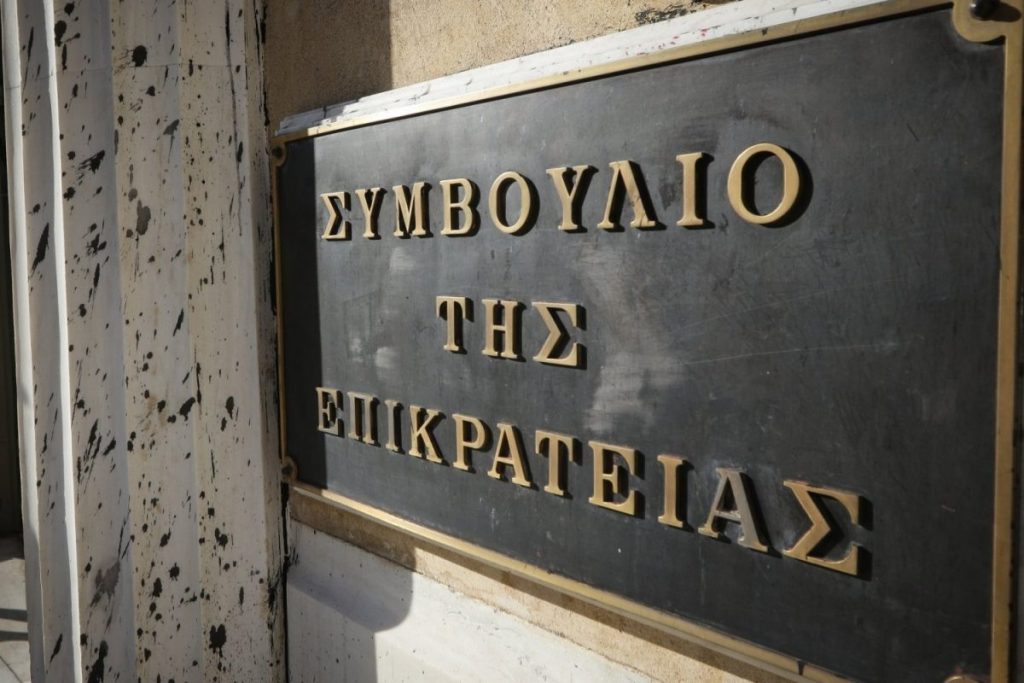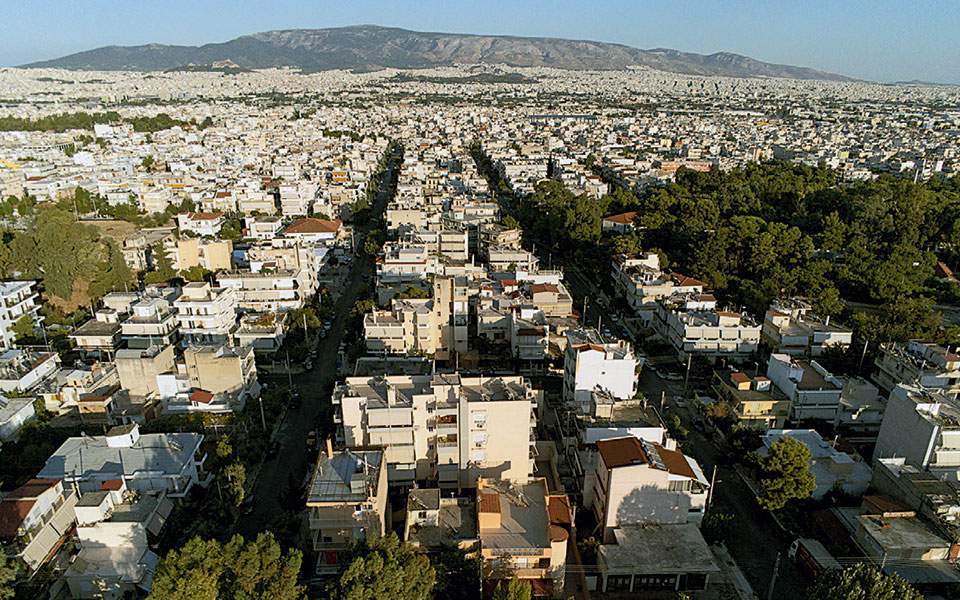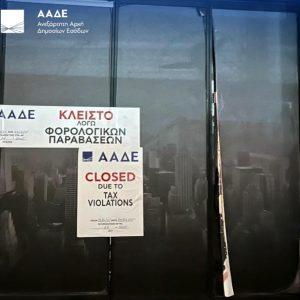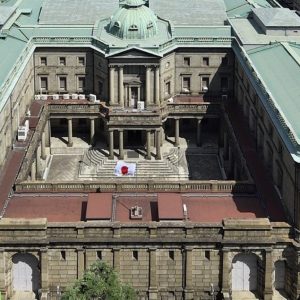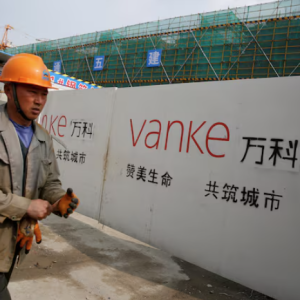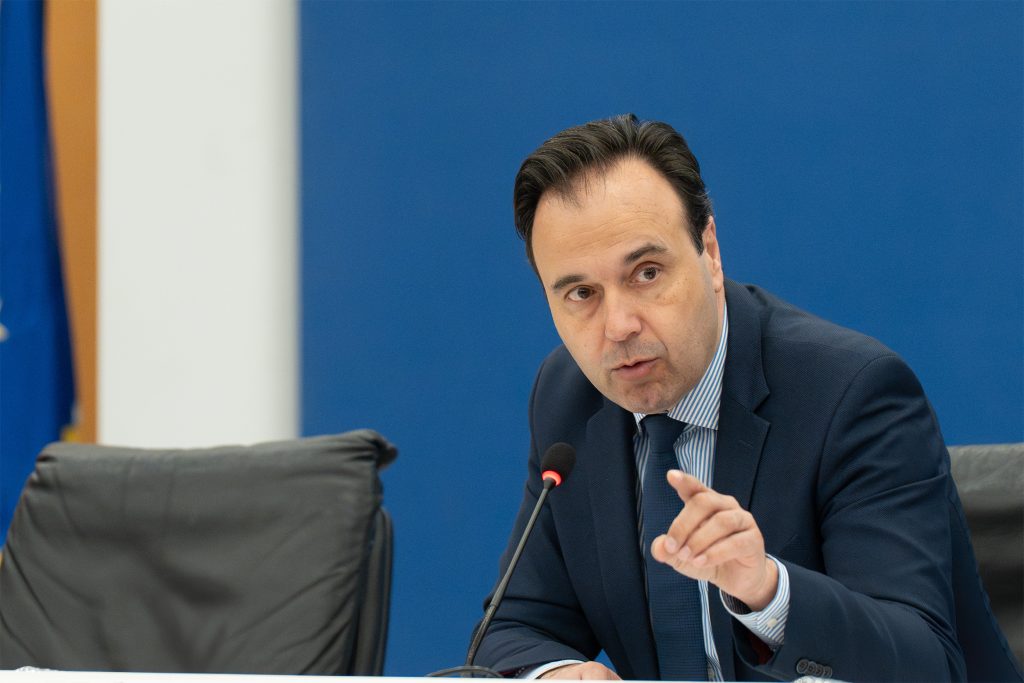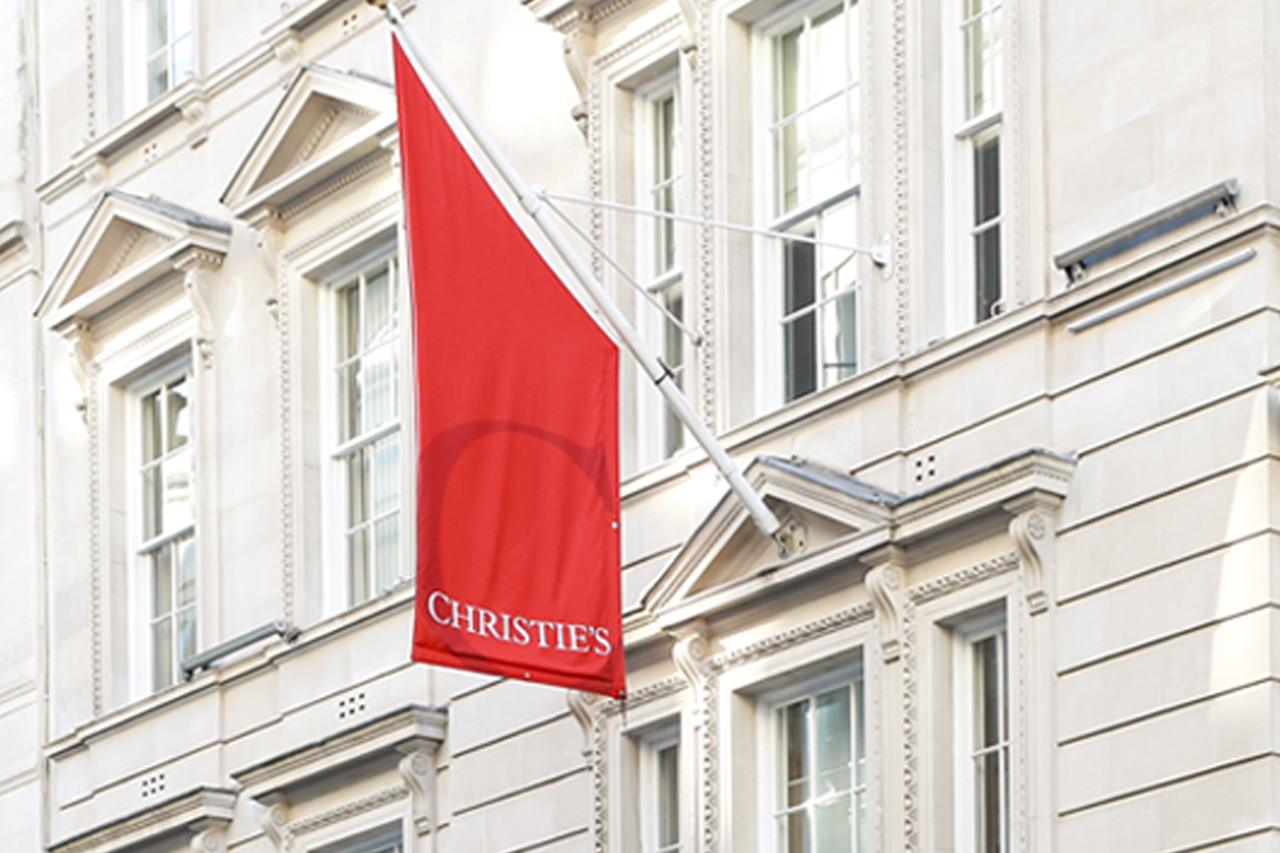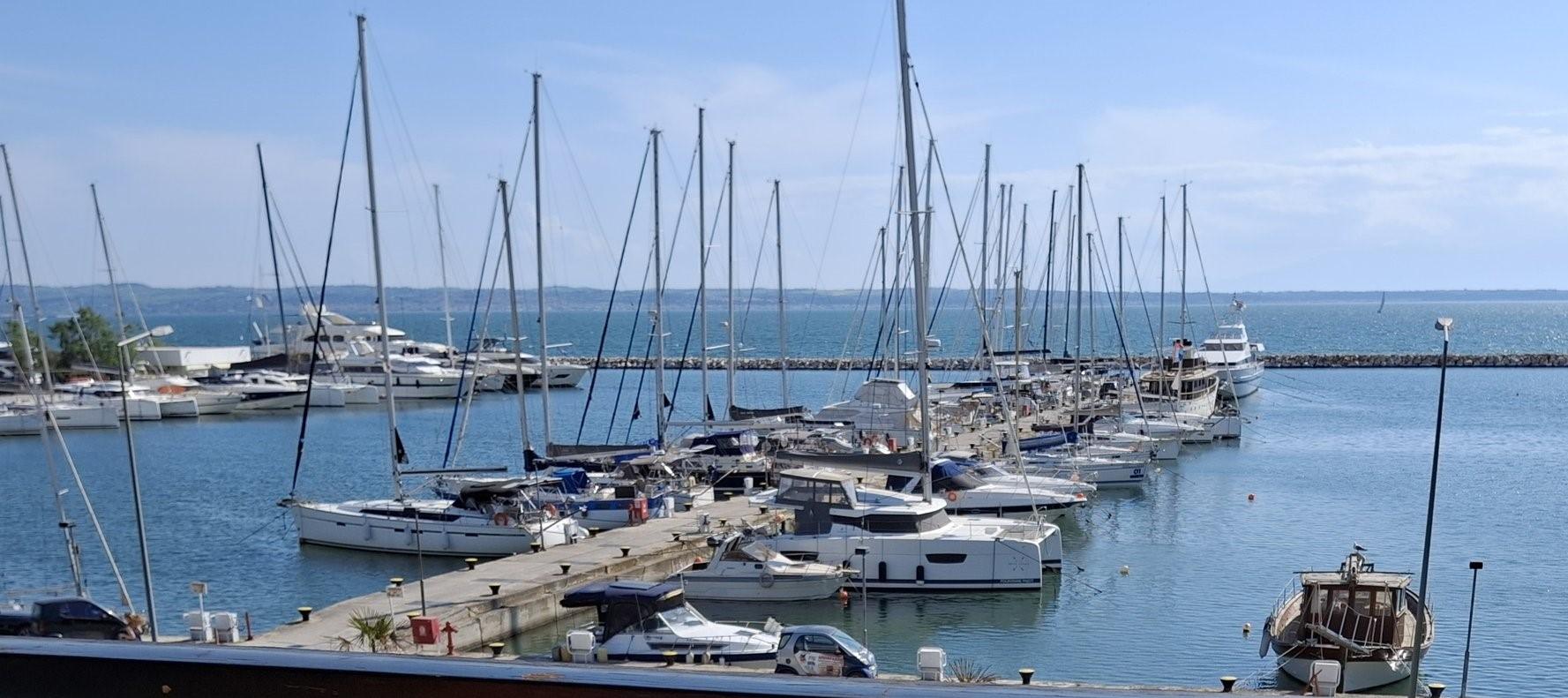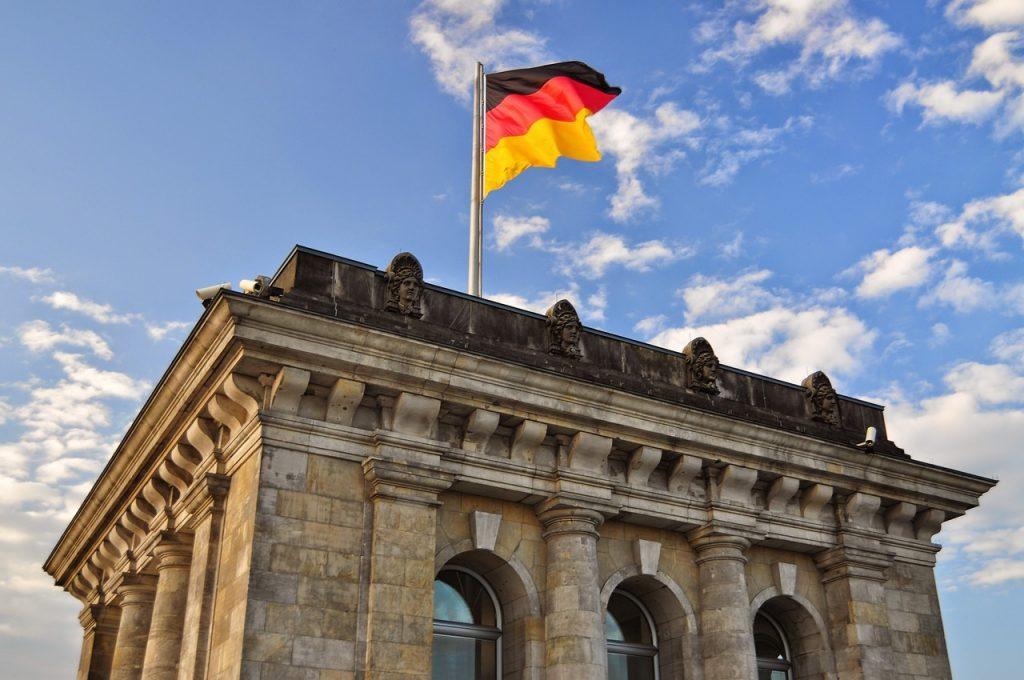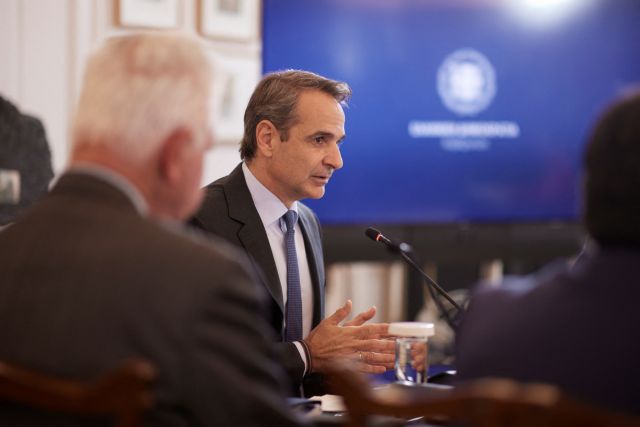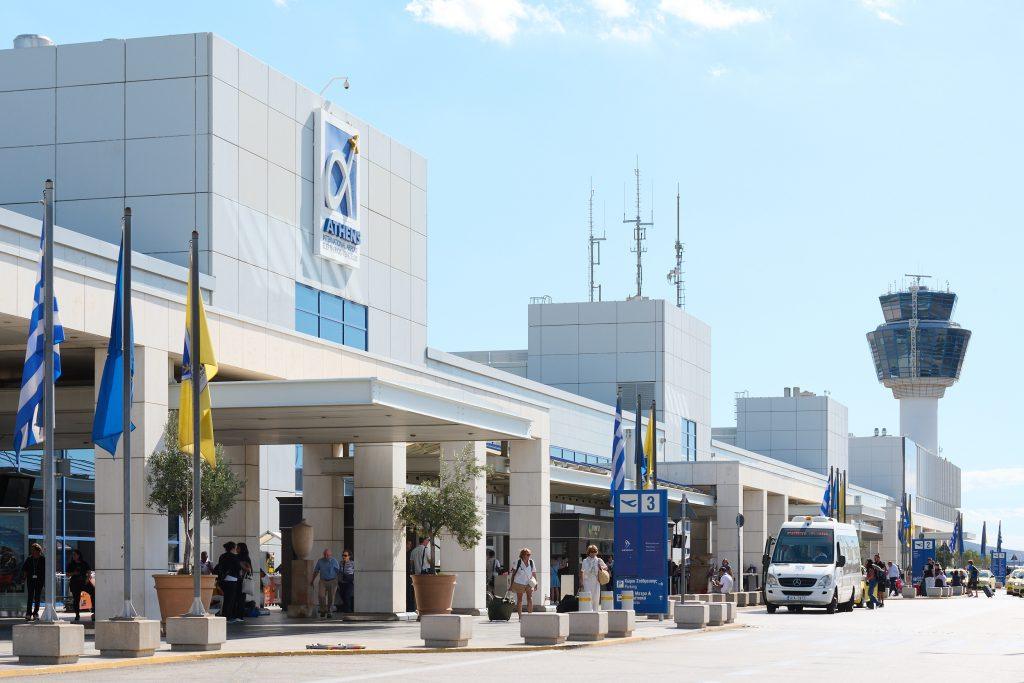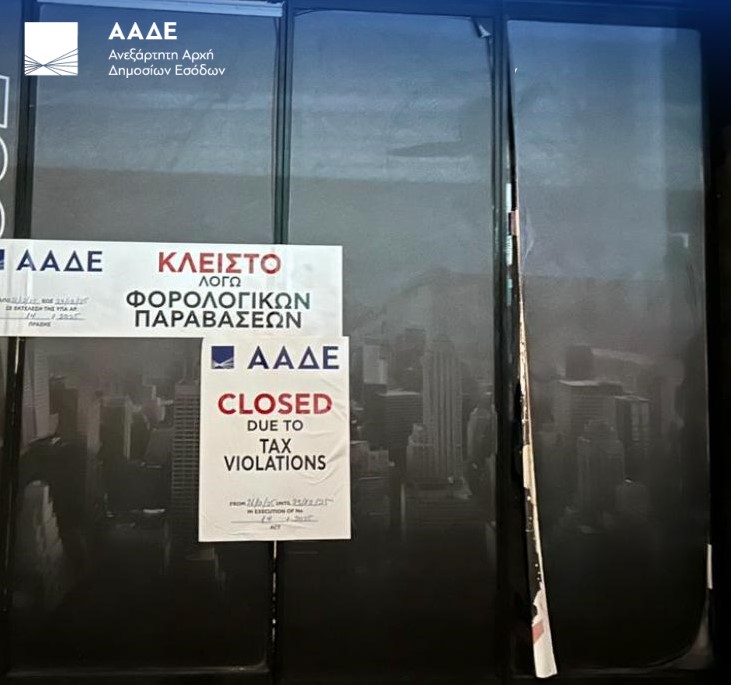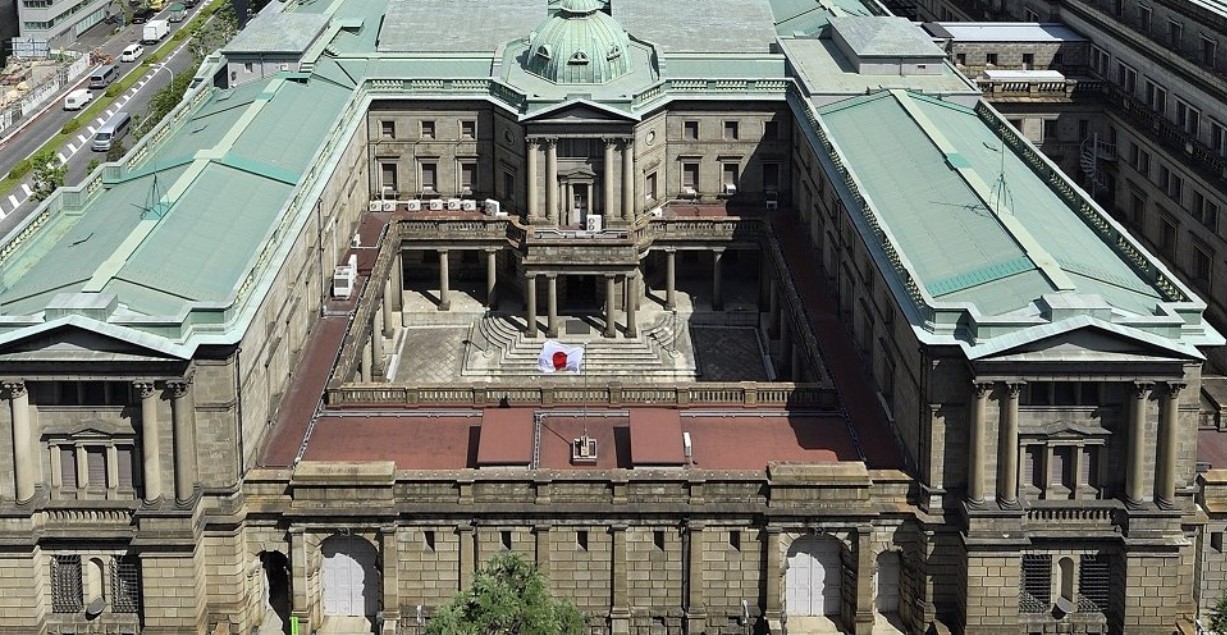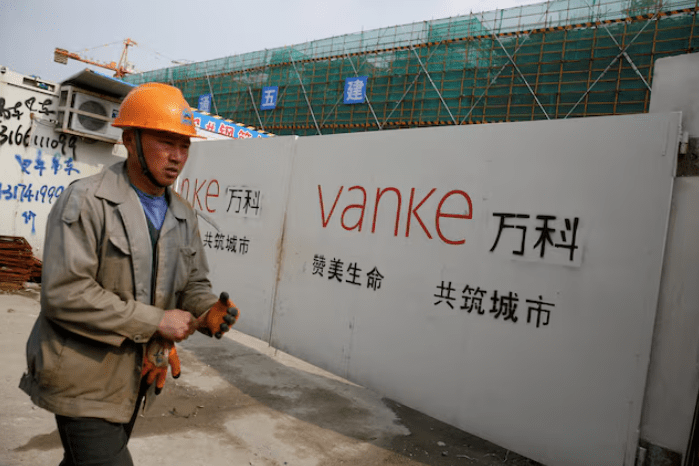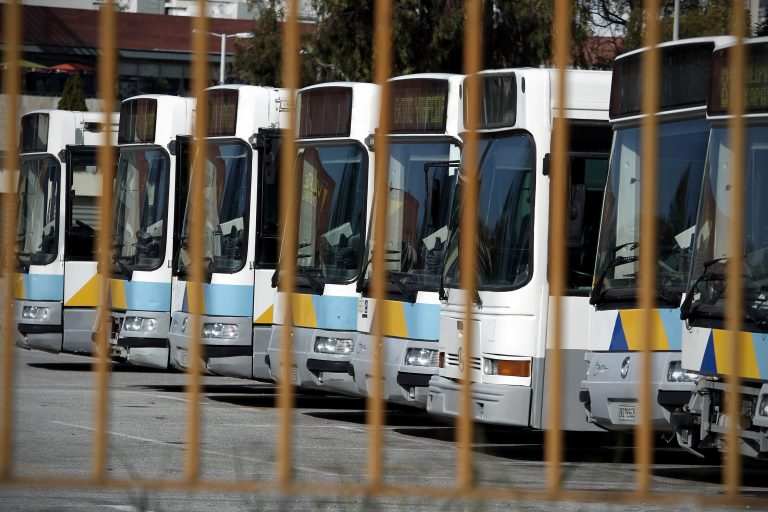The Council of State (CoS) has raised concerns over the constitutionality of Presidential Decree 85/2022, which equated art school degrees with high school degrees. The matter has been referred to the Plenary Session of the Supreme Administrative Court following a 5-2 decision by the Council’s 3rd Section.
At the heart of the issue is the question of what is the status of an artistic education in Greece.
The presidential decree in question was passed in December 2022 and led to months of student and artist protests, and occupations of national theaters and performing arts schools. Students and artists argued the decision devalued their studies, and would decrease their opportunities and salaries.
According to the court decision Thursday, Article 16 of the Greek Constitution dictates that artistic education schools should in fact qualify as higher education, requiring their graduates to be distinguished from those of secondary and post-secondary institutions.
The court ruled that the classification of art school degrees as a high school equivalent violates the Constitution’s principles of equality and higher education rights. “The assimilation of art school graduates would make the titles granted by higher education schools equivalent to the titles granted by secondary and post-secondary education institutions and would violate the principle of equal treatment of graduates of higher art schools as set out in paragraph 7 of Article 16 of the Constitution, which enshrines the right to higher education,” the judges stated.
Since 1981, artistic education schools have been officially classified as higher education in Greece.
In October the government announced they were going to establish a new Higher School of Performing Arts that would merge the existing schools of the National Theater, the State School of Dance, the National Theater of Northern Greece, the State Conservatory of Thessaloniki, and the Greek National Opera. Entrance would require a high school diploma and special exams.
This case regarding the presidential decree– brought by 18 private dramatic art schools, a student, and a graduate– has continued a tense debate in Greece about the future of arts education.
Source: tovima.com
